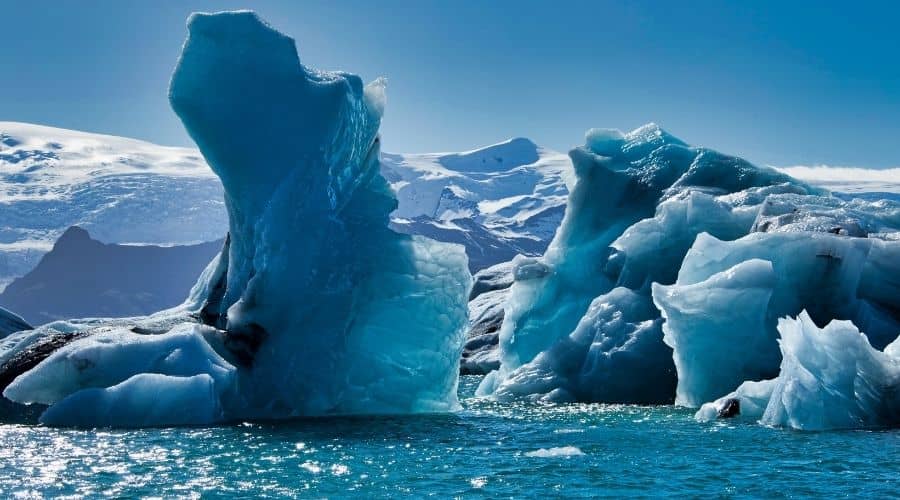
The polar regions are experiencing some of the most dramatic effects of climate change, with Arctic sea ice shrinking at an alarming rate. The summer of 2020 saw the second-lowest ice extent on record, which endangers polar wildlife and contributes significantly to rising sea levels. This phenomenon poses a substantial threat to coastal communities around the globe.

Greenland’s ice sheet is particularly concerning, as it is losing ice faster than previously predicted. This accelerated melting contributes to sea level rise, threatening low-lying islands and coastal cities. For example, the Maldives, an archipelago in the Indian Ocean, faces an existential threat. Predictions suggest that rising sea levels could submerge much of the country by the end of the century.
In response, the Maldivian government is undertaking significant efforts to mitigate the impact. This includes constructing artificial islands and seawalls designed to protect inhabited areas. However, these measures are costly and offer only temporary respite against the relentless rise of ocean waters. The situation in the Maldives underscores the urgent need for global action to address climate change and its devastating impacts on vulnerable regions.
